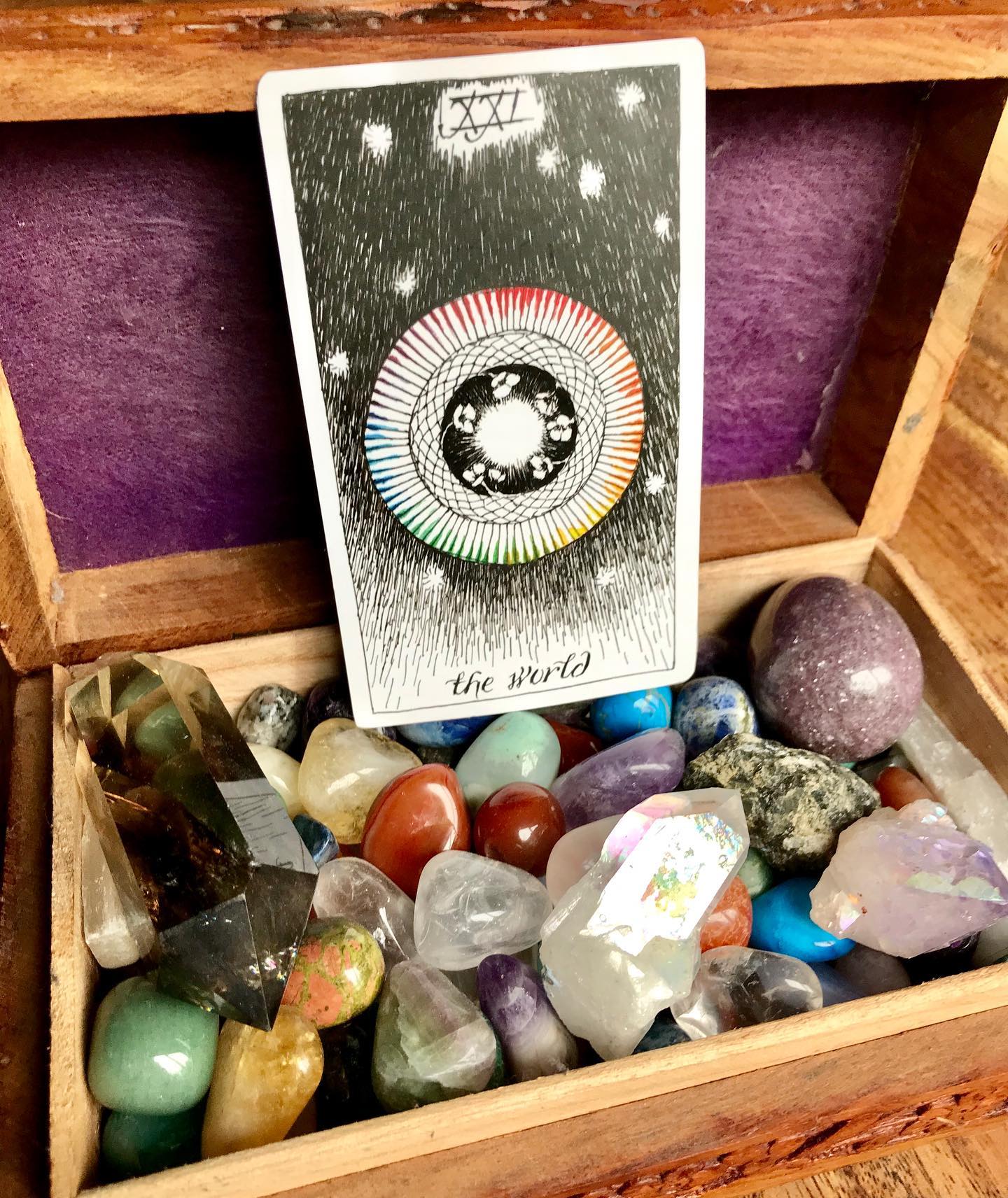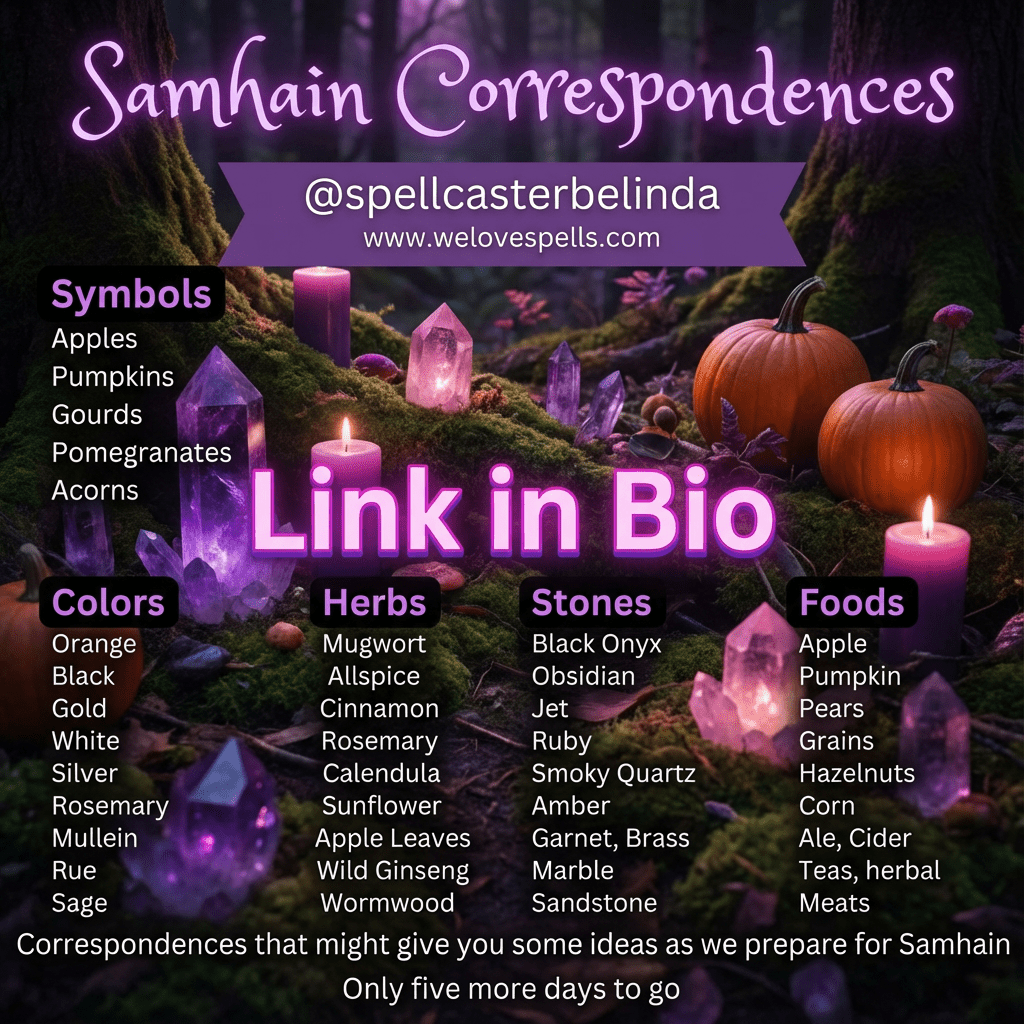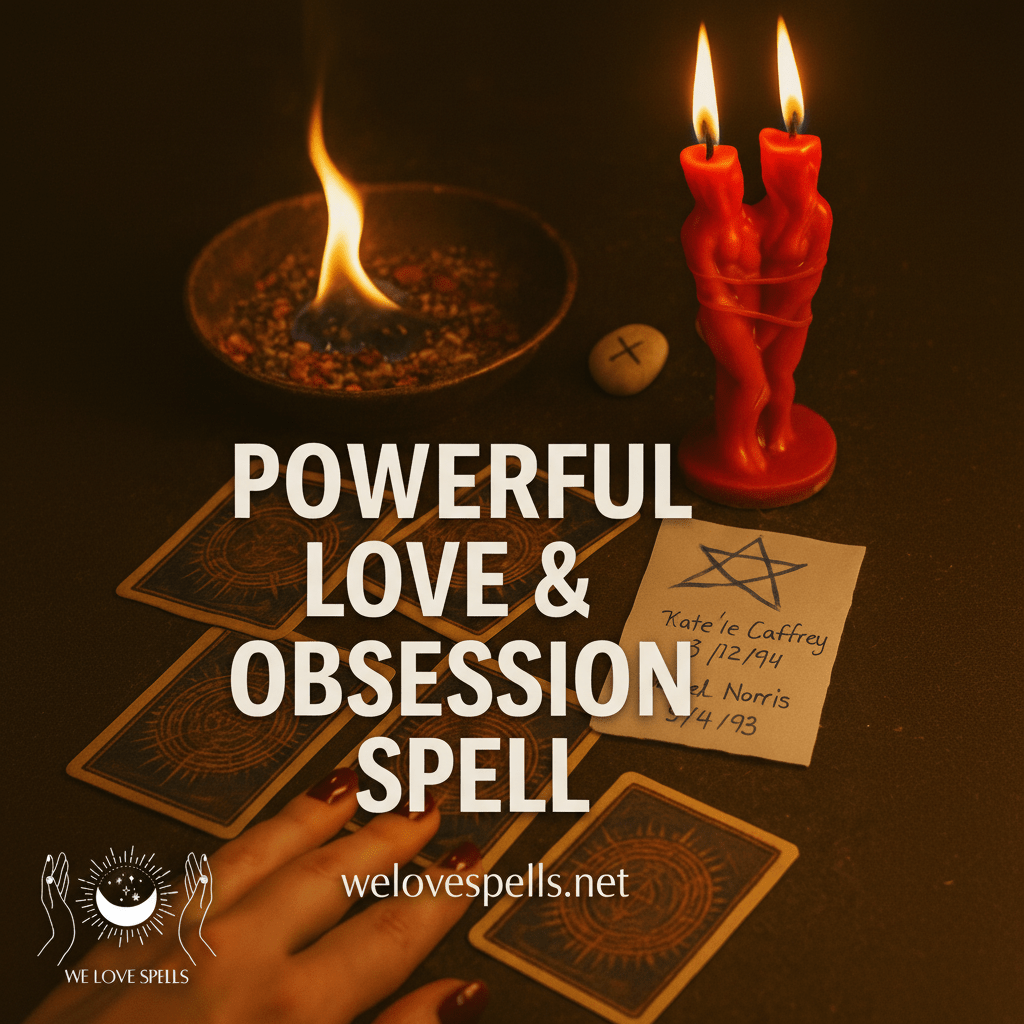10 Herbs That Can Induce Nightmares
How Do Love Spells Work?
- Love magick aligns intention, timing, and symbolic tools (like herbs and candles) to influence energy around relationships.
- Certain herbs can intensify REM sleep, leading to vivid dreams or nightmares—use them carefully to support dream-based spellwork.
- Safe dream herbs include Valerian, Mugwort, and Calea Zacatechichi; toxic plants like Datura and certain Moonflower varieties must be avoided.
- For better results, pair lucid-dream rituals with ethical spellcasting such as the Dream Of Me Spell.
- Track dosage and effects in a dream journal, and consult a professional if you take medications or have health conditions.
- Want expert help? Shop real love spells that work or get tailored spellcasting at WeLoveSpells.net.
Are you intrigued by the mysterious connection between herbs and the vividness—or even darkness—of your dreams? This guide reveals 10 powerful herbs that can spark lifelike, lucid, or occasionally nightmarish dreams—plus warnings you must know.
From folk favorites like Valerian and Mugwort to lucid standouts like Calea Zacatechichi, we explore how botanicals can shape your dreamscape and deepen spiritual work. You’ll get practical tips, safety notes, and real experiences from dreamers who tried them.
Ready to manifest love and clarity through your dreams? Buy love spells online from verified spell casters at WeLoveSpells.net
❤️ Shop real love spells that work today ❤️Watch: Deep Dive Into the World of Dream-Altering Herbs
1. Valerian Root: Calming Sleep Aid with Surprisingly Vivid Dreams
Valerian Root is known for easing anxiety and improving sleep through the GABA pathway. For many, that calmer state unlocks unusually vivid, emotionally intense dreams—sometimes pleasant, sometimes unsettling.
- May boost dream recall
- Often leads to colorful, cinematic dreams
- Some sensitive users report intense nightmares
After taking Valerian, my dreams turned into full-length films where I felt everything deeply. A few nights shook me, but I woke feeling strangely clear.
How to Use Valerian Wisely
Start low, go slow. Try a small dose first and monitor dream changes for a week before adjusting. Avoid combining with other sedatives unless advised by a professional.
2. Calea Zacatechichi (Dream Herb): Lucidity and Hyper-Real Dreaming
Calea Zacatechichi, long used in Mexican traditions, is prized for lucid dream induction. Whether brewed as tea or smoked, users often report bright colors, enhanced recall, and strong emotional storylines.
- Increases dream clarity and detail
- Supports dream recall practices
- Can produce both wondrous and frightening imagery
I sought lucid dreams with Calea and got them—plus a level of intensity I didn’t expect. Some scenes were beautiful, others shadowy. Unforgettable either way.
Pro tip: Pair Calea with a dream journal and consistent sleep routine to stabilize outcomes.

Some dream herbs gently unlock subconscious wisdom… while others open the door to shadowy nightmares
3. Ginkgo Biloba: Cognitive Clarity, Surreal Dreamscapes
Ginkgo Biloba promotes cerebral blood flow and memory—effects that can translate into elaborate, surreal dream worlds for certain people.
- May stimulate complex, unusual dreams
- Responses vary widely; monitor your experience
Ginkgo isn’t commonly tied to nightmares, but any cognitive enhancer can reshape what you recall from REM sleep. Track your response.
User Review
My dreams got stranger—sometimes uncomfortably so—but I woke with sharper focus.
4. Peppermint: Cooling Calm that Sometimes Colors Your Dreams
Peppermint tea and aromatherapy are soothing—and occasionally spark oddly vivid or whimsical dreams for certain sleepers.
- Mild relaxation and mental clarity
- Dreams may feel slightly more vivid or surreal
- Rarely, users report eerie or uncanny scenes

Peppermint’s invigorating aroma can sometimes seep into your subconscious
User Testimonial
One cup of peppermint tea and I was off on the strangest fantasy quest. Not scary—just wildly vivid!
Tip: Use peppermint for relaxation and let any creative dream imagery be a bonus, not the goal.
✨ Amplify Dream Attraction & Intimacy – Try Our Dream Of Me Spell ✨5. Passionflower: Gentle Calm, Deeper Emotions at Night
Passionflower supports GABA activity to ease an anxious mind. Many experience serene rest; others notice more emotive, intensely visual dreams—and occasional nightmares if sensitive.
- Calms the nervous system
- Can deepen emotional tone in dreams
- Reduce dose if dreams become distressing
6. Datura (Jimsonweed, Certain Moonflower Varieties): Do Not Use
Datura is a highly toxic plant with anticholinergic alkaloids that can cause delirium, dangerous hallucinations, and lasting harm. It is never appropriate for dream exploration.
- May cause terrifying dream states and waking hallucinations
- Severe risk of confusion, paranoia, and physical danger
- Documented poisonings and fatalities
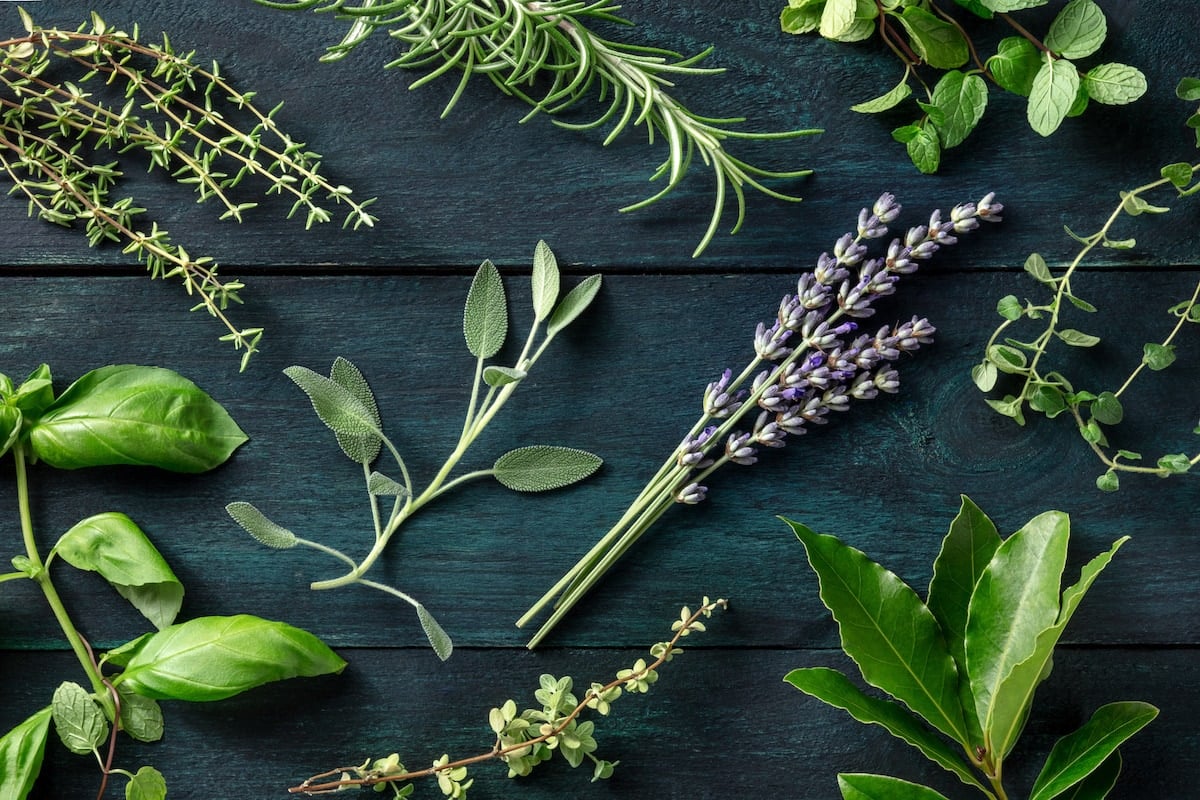
Datura is beautiful but extremely dangerous—never ingest it for lucid dreaming or sleep
Important Safety Notice
Datura and certain Moonflower species are poisonous. Do NOT use them for dreams or spells. Severe health risks—including death—have been reported.
7. Mugwort: Classic Herb for Lucid Dreams and Recall
Mugwort appears across European folklore for enhancing dream clarity, memory, and mild lucidity. It’s commonly used in teas, incense, or dream pillows.
- Supports lucid dreaming practices
- Improves dream recall consistency
- Experiences range from mystical to mildly unsettling
With mugwort, every dream became a vivid story I could step into. A few darker nights, yes—but so insightful.
Want to pair dream insights with attraction energy? Explore our Attract Your Soul Mate Spell and set intentions before sleep.
8. Anise: Comforting Spice with Occasional Dream Brightness
Anise supports digestion and relaxation. Some users notice slightly brighter, more memorable dreams, though nightmares are uncommon.
- Gentle relaxation support
- Occasional increases in dream detail
- Low likelihood of nightmares
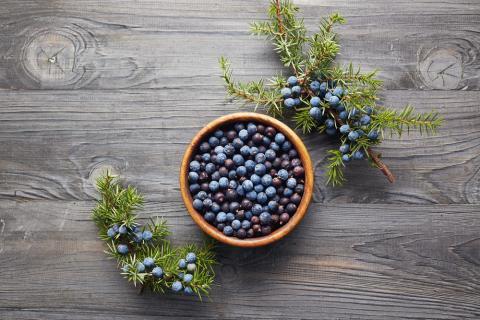
Could your favorite tea ingredient influence your nighttime visions?
9. Mullein: Smoother Breathing, Sometimes Wilder Stories
Mullein is a common respiratory tea that can deepen sleep quality. Some report richer dream narratives and better recall after regular use.
- May support deeper, more restful sleep
- Can intensify dream plots for some
10. Moonflower (Toxic Varieties): A Dangerous Gateway to Nightmares
Moonflower can refer to different plants. Some species contain dangerous psychoactive alkaloids. Accidental ingestion has led to extreme hallucinations and waking nightmares.
- Avoid toxic Moonflower species entirely—effects are unpredictable and can be life-threatening.
Your safety comes first. Work only with recognized, safe herbs—and always begin gently.
Why Do Some Herbs Trigger Vivid Dreams or Nightmares?
Dream-altering herbs often influence neurotransmitters such as GABA, serotonin, and acetylcholine. These pathways can shift sleep cycles, intensify REM, and boost memory consolidation—making dreams feel hyper-real, emotional, and easier to recall.
Dosage, individual sensitivity, and emotional state all influence results. If you take medication or have medical conditions, consult a professional before experimenting.
🔥 Supercharge Desire With The Lust For Me Love SpellHow-To: Create a Simple Mugwort Dream Pillow Ritual
- Prepare your intent: Write a short affirmation (e.g., “I remember my dreams with love and clarity.”).
- Blend herbs: Add 1–2 tbsp dried mugwort to a small cloth pouch. Optional: a pinch of lavender for calm.
- Charge the pouch: Hold it to your heart, breathe slowly, and read your affirmation 3 times.
- Place and rest: Tuck under or near your pillow. Dim lights, avoid screens, and set a sleep goal of 7–9 hours.
- Record results: On waking, immediately write what you recall. Adjust herb quantity if dreams feel too strong.
For heart-centered dreamwork, set your intention with the Dream Of Me Spell before bed.
How to Explore Dream Herbs Safely
- Choose reputable sources: Only buy herbs from trusted suppliers.
- Start low, go slow: Begin with the minimal dose for 3–7 nights. Adjust gradually.
- Keep a dream journal: Track dosage, timing, and dream quality to see clear patterns.
- Don’t stack potent herbs: Avoid mixing strong botanicals until you know your sensitivity.
- Consult a professional: Essential if you’re pregnant, have health conditions, or take medications.
Looking to use dreams to attract the right partner? Combine your sleep ritual with the Attract Your Soul Mate Spell and reinforce your intentions nightly.
💗 Browse our full Love Spells CollectionDream Herbs and Love Magick: Working Together
Throughout history, dreams have guided romance, revealed truth, and mended hearts. Many practitioners combine safe dream herbs with love magick—like the Friend to Lover Spell—to deepen intuition and align with desired outcomes.
For reunion work, pair a gentle dream herb with the Bring Back Lost Lover Love Spell and invite guidance as you sleep.
Get Personalized Guidance from a Live Psychic
Not sure where to start? Speak to an advisor for intuitive clarity on herbs, dreams, and love magick.
Success Stories: Real Experiences with Dream Herbs + Spells
Ready for real results? Invite clarity, love, and meaningful dreams with our professional spellcasting services.
FAQs: Herbs That Influence Nightmares and Vivid Dreams
Frequently Asked Questions
1. Are dream herbs safe for everyone?No. While herbs like Mugwort, Valerian, and Passionflower are widely used in moderation, Datura and some Moonflower species are toxic and must be avoided. Always research and speak with a qualified practitioner if unsure.
2. Can herbs really cause nightmares?Yes. By influencing neurotransmitters and REM sleep, herbs such as Valerian, Mugwort, and Calea can intensify dream emotion and detail—sometimes leading to nightmares.
3. What’s the safest way to start with dream herbs?Start low, go slow. Use a small dose for several nights, track effects, and avoid mixing potent herbs. Consider a dream pillow for a gentler approach.
4. Can I combine dream herbs with love spells?Yes—many practitioners do. Set a clear intention and pair your ritual with ethical spellwork such as the Dream Of Me Spell to align energy before sleep.
5. Which herbs should I avoid completely?Datura and certain Moonflower species. They are hazardous and can cause delirium, poisoning, and medical emergencies.
Your dreams are speaking—will you listen? Align your intention, invite love, and let the night guide you. Begin your spellcasting journey now and feel the shift.
❤️ Get your spell cast by a trusted expert today ❤️🔴 Need Clarity on your Situation?

